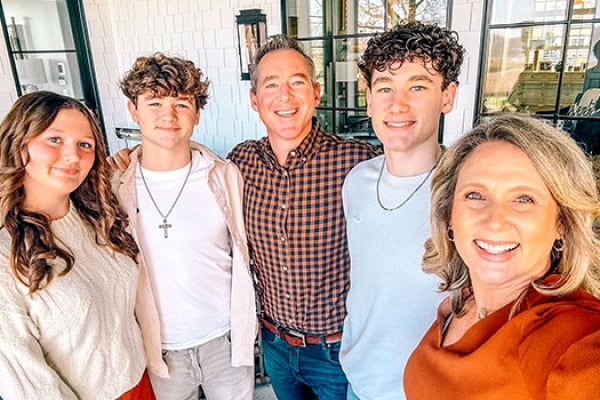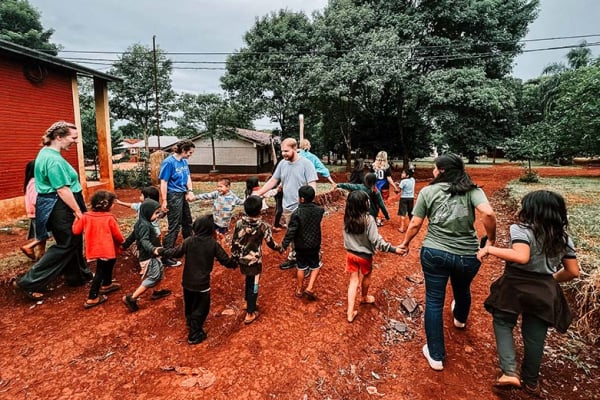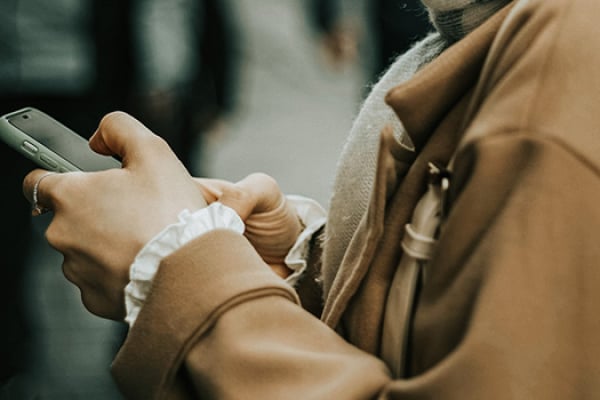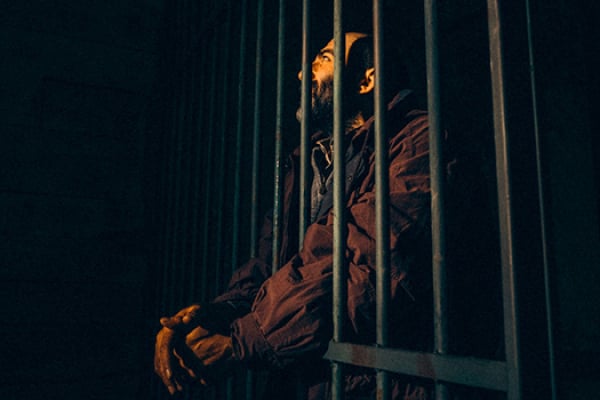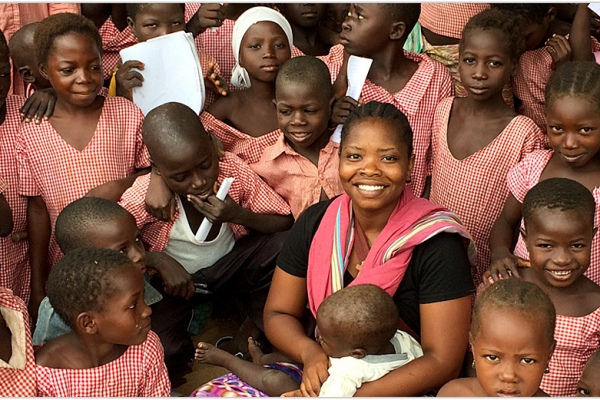
Empowerment for Generations
By: Micah Metz with Patricia Ali and Dr. Shelley Chapman, Regional Missionary in Sub-Saharan Africa
“When you face your reality of the place you’re in and find God in the midst of that, no one can take God away from you.” —Patricia Ali
Patricia is from northeast Nigeria, a very dangerous place. The presence of terrorists, such as Boko Haram, and ethnic strife from Fulani herdsmen mean that bombings and other forms of violence are a regular part of the life and culture in this context. Every time Pat goes home, she is in danger. She was recently holed up in a compound while collecting data for her graduate thesis as killings were going on in the streets. Thanks to Pat’s mother, she knew education is incredibly important, despite her dangerous surroundings.
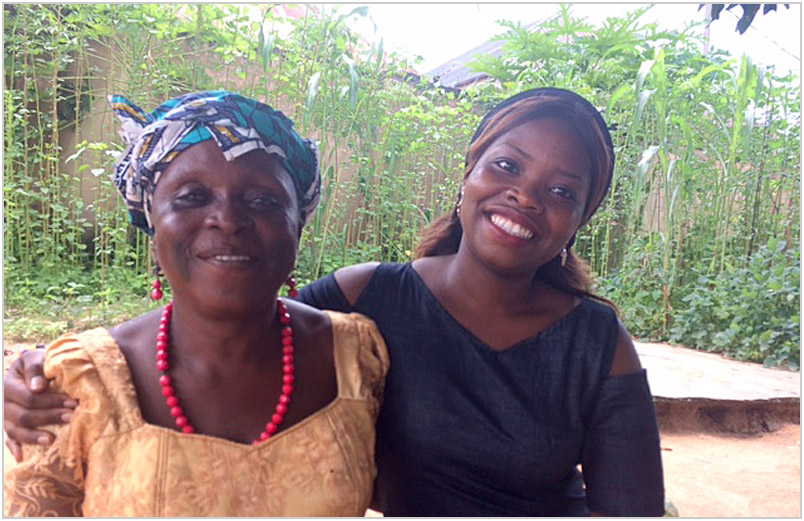
Why is education so important to women in this part of Africa? They realize it is something to be treasured. Pat’s mother had a common experience for women of her time: she never learned to read or write. As a child, she once sneaked into a class, but was dragged out by her father because girls were not allowed to attend primary school. Years later, after her mother died, Pat began asking herself the question, “Are there more women like my mother who never had the opportunity to get a formal education?” Education is of such importance because of the impact learning can have on a local community.
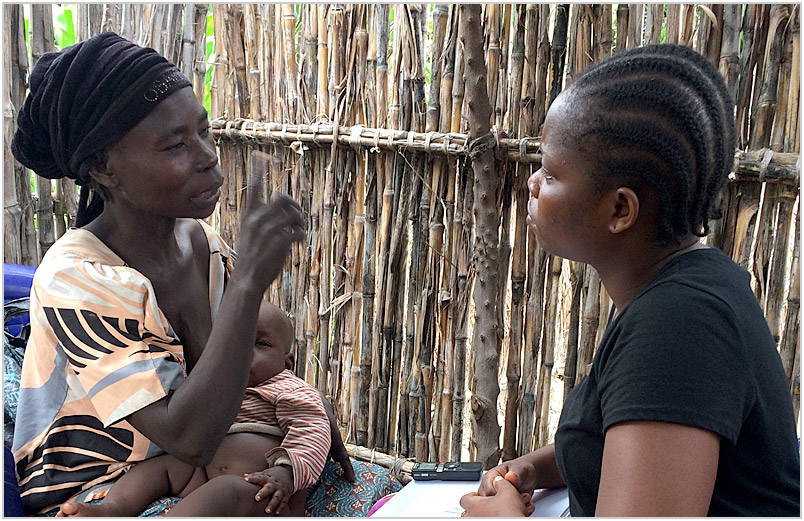
Pat’s research focuses on the rural women of sub-Saharan Africa and the question of how being uneducated effects generations moving forward. Her research is emerging as something scholars are very interested in and it has been internationally recognized. Pat has presented at three international conferences, including one held at Columbia University.
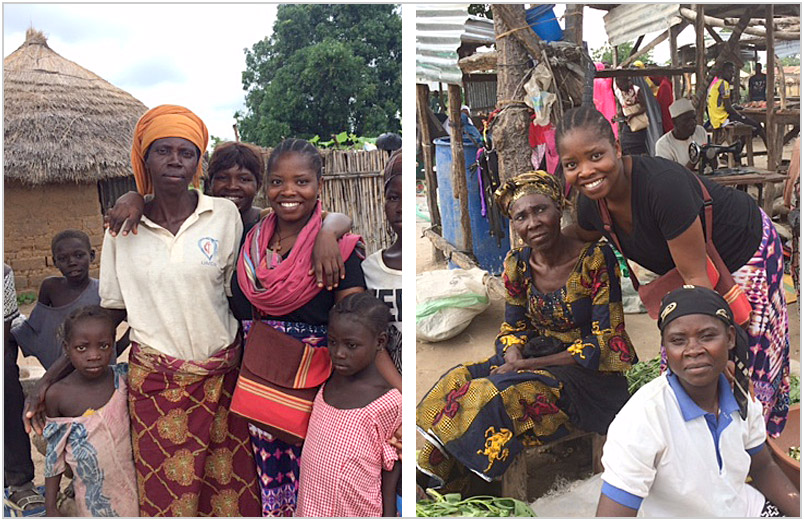
WGM Missionary Shelley Chapman works with Pat to co-construct a program to address the needs of the rural women. Though Shelley has many years of experience, she cannot go to northeast Nigeria. She can’t speak the language, she doesn’t know the culture well enough, and it’s far too dangerous. But Pat can go. It’s her village, so she understands the culture and speaks the language.
This new program is called the Living Learning Community for Leadership Development for African Women. The idea is for a group of younger women, such as Pat, to come to Nairobi to live together in community for 2-3 years—learning together about how to do grassroots work and going through life together. It is community that creates space for healing from past trauma and has the power to change lives. The goal is to help these women to experience deep transformation, and this can only happen over an extended time period. This is similar to the model Jesus used when he chose 12 people to live and learn with him over a period of 3 years. The Africans who are learning about this type of program are saying that this is what they need and want.
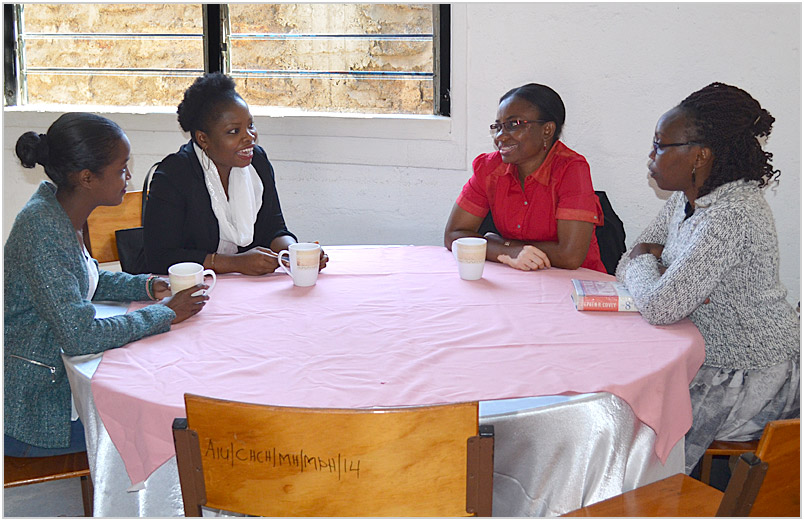
The students who participate in the Living Learning Community are coming from extreme poverty from various countries in sub-Saharan Africa. In order to participate, they must qualify for the scholarship program at a university in Nairobi and be willing to live in community, completing a leadership development curriculum simultaneously while pursuing their degree. Then, when they complete the program, they are expected to pay it forward by returning to their village to work with the women there, helping them to learn how to engage in grassroots work for themselves.
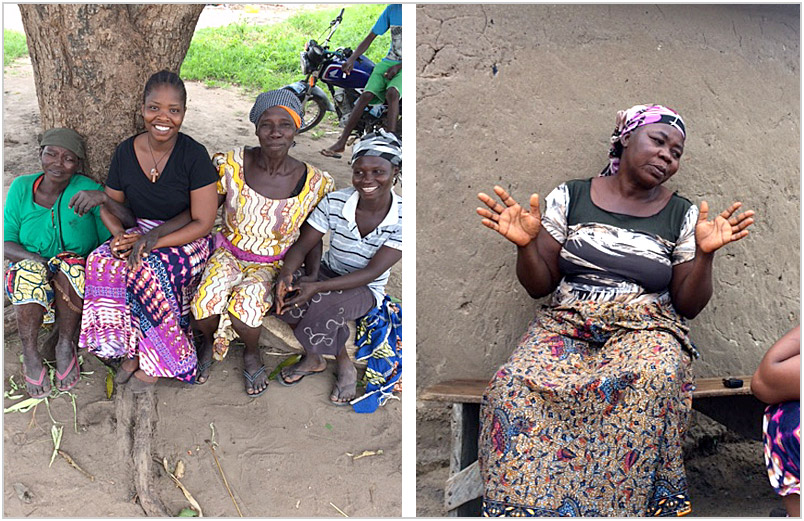
In order to create change, Pat and Shelley are working to produce a shift in perspective away from the idea that a leader is a position. The communities need to practice a mindset of we not I when it comes to leadership, and in seeing leadership as processes and practices in which they can all participate. We see this in Christ’s leadership style, where people lead by serving and asking what the community needs—this is contrary to the leadership style of the world.
The remaining question lies in how the students can discover what their communities’ issues are and how those issues can be solved. When these issues are approached by an outsider, the outcome is often short-lived or even hazardous for the community. It’s through the Living Learning Community that African women learn how to engage with local women and are empowered to positively impact the communities they are from.
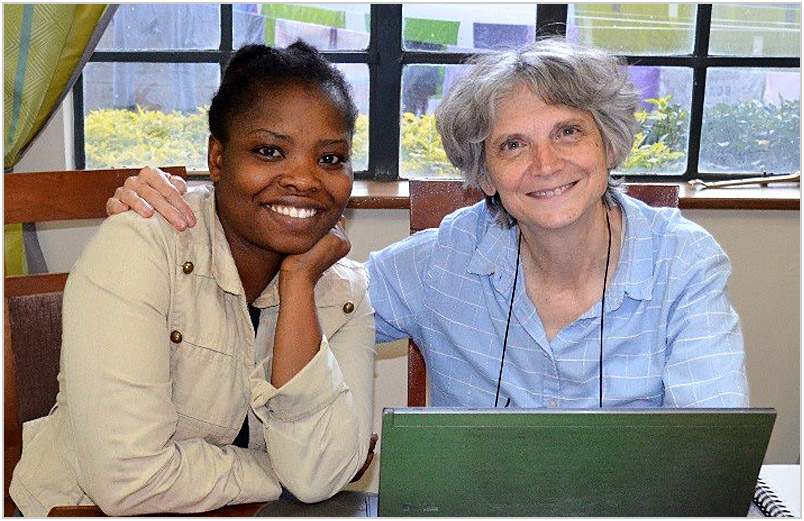
Pat and Shelley have created an approach to the complex problems of this context that can help develop capacity within generations of women so they can experience hope from the power of the Gospel. And they are looking for your support. Will you answer the challenge and be a part of a culture shift in a land that desperately needs God’s power and presence?

